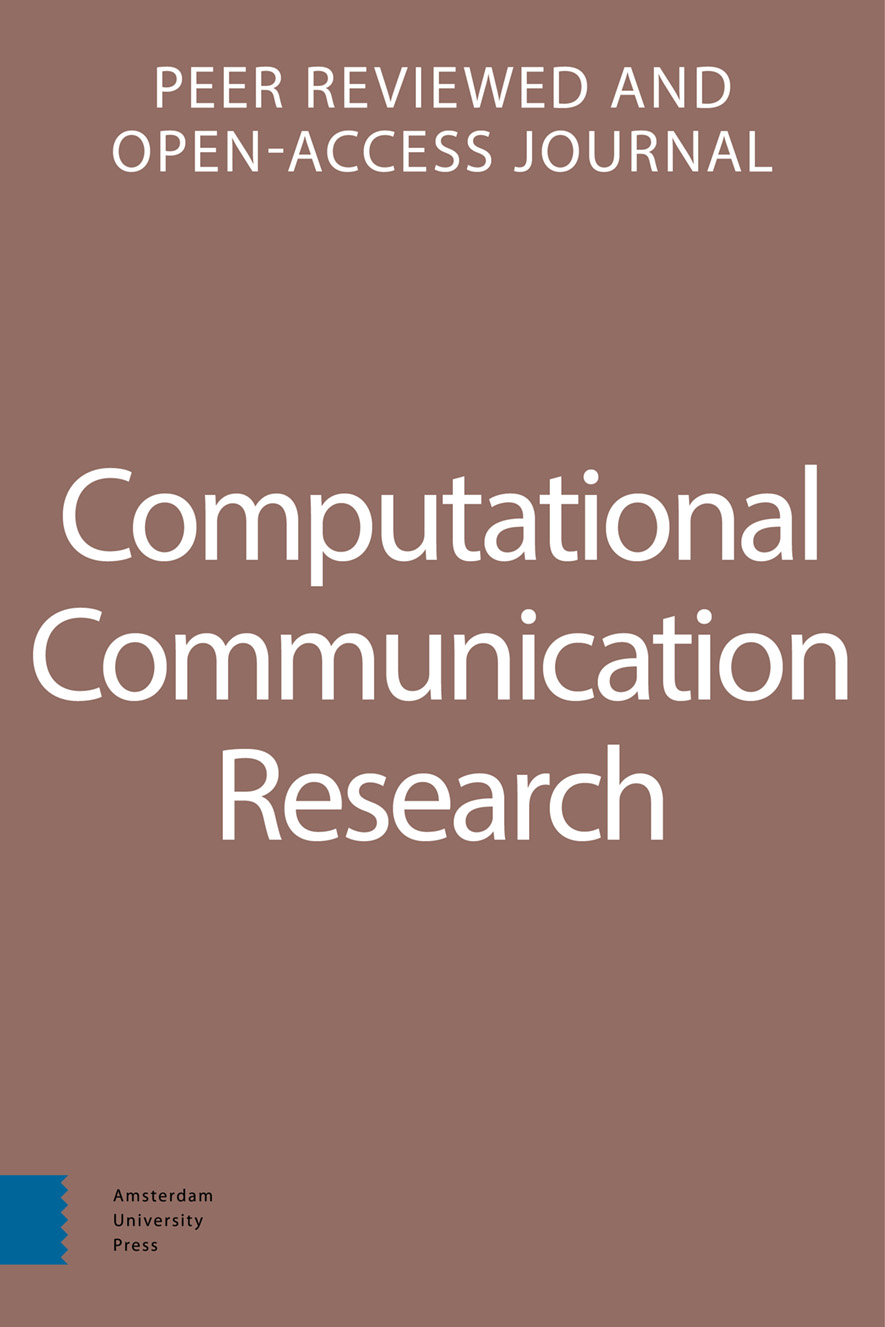-
oa Machine Translation as an Underrated Ingredient? Solving Classification Tasks with Large Language Models for Comparative Research
- Amsterdam University Press
- Source: Computational Communication Research, Volume 5, Issue 2, Jan 2023, p. 1
Abstract
While large language models have revolutionised computational text analysis methods, the field is still tilted towards English language resources. Even as there are pre-trained models for some smaller languages, the coverage is far from universal, and pre-training large language models is an expensive and complicated task. This uneven language coverage limits comparative social research in terms of its geographical and linguistic scope. We propose a solution that sidesteps these issues by leveraging transfer learning and open-source machine translation. We use English as a bridge language between Hungarian and Polish bills and laws to solve a classification task related to the Comparative Agendas Project (CAP) coding scheme. Using the Hungarian corpus as training data for model fine-tuning, we categorise the Polish laws into 20 CAP categories. In doing so, we compare the performance of Transformer-based deep learning models (monolinguals, such as BERT, and multilinguals such as XLM-RoBERTa) and machine learning algorithms (e.g., SVM). Results show that the fine-tuned large language models outperform the traditional supervised learning benchmarks but are themselves surpassed by the machine translation approach. Overall, the proposed solution demonstrates a viable option for applying a transfer learning framework for low-resource languages and achieving state-of-the-art results without requiring expensive pre-training.


